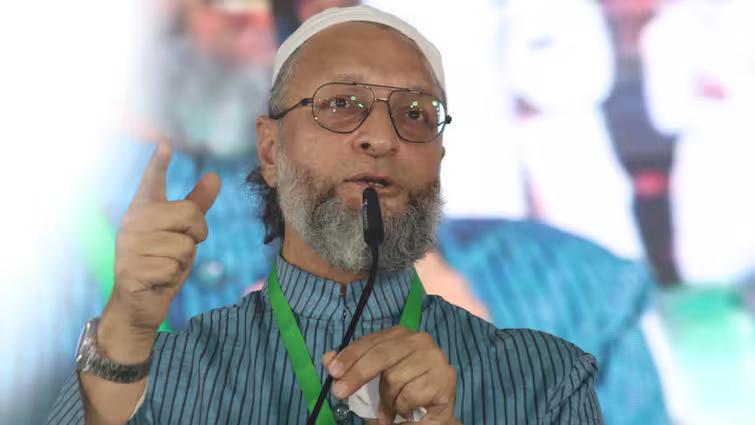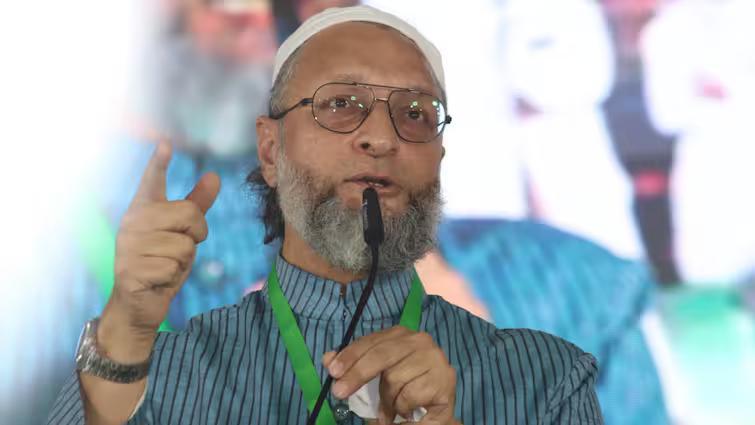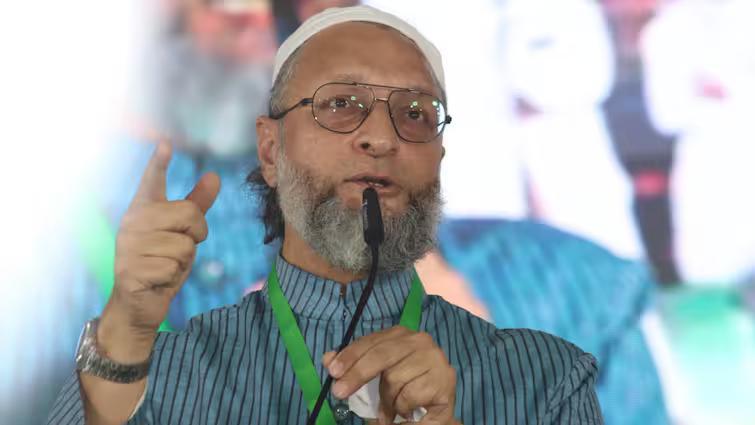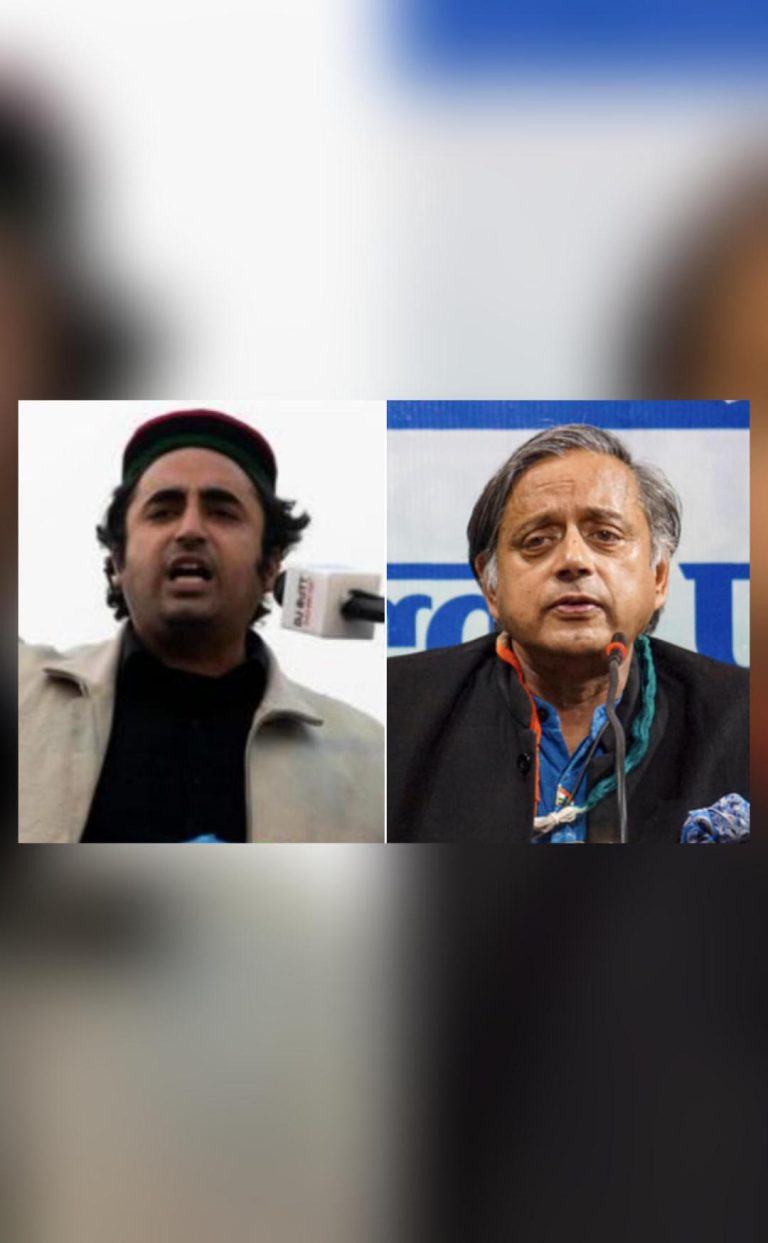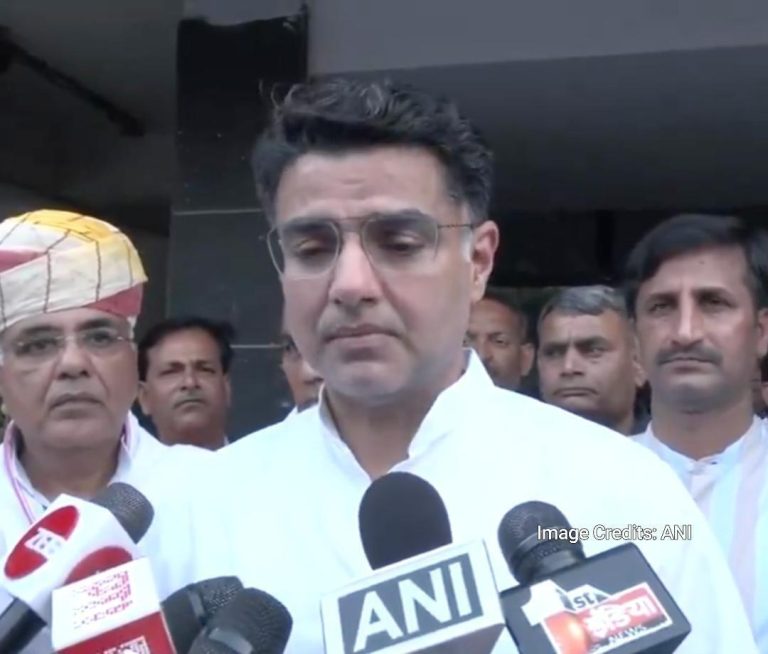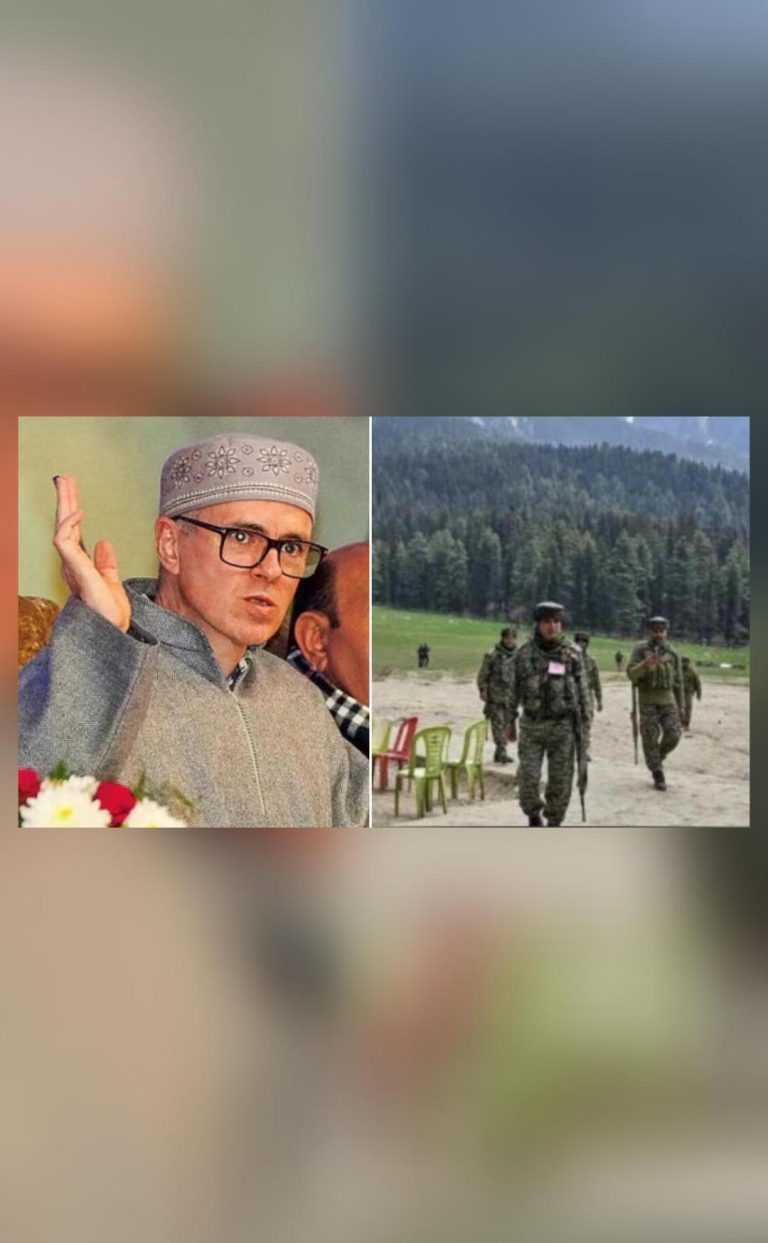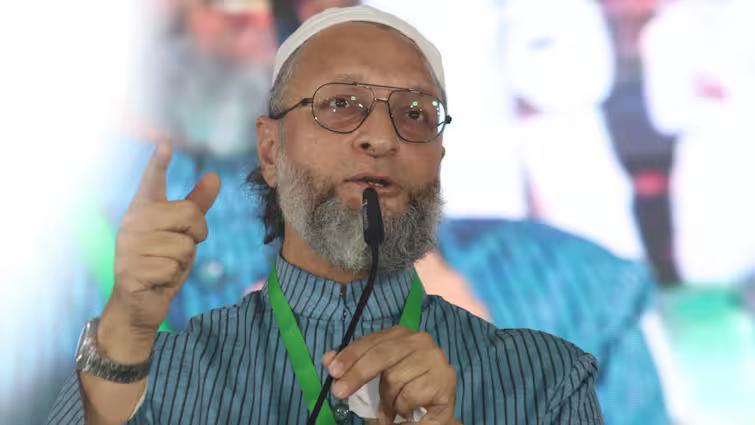
Pak acted like ISIS, India won’t sit quietly: Owaisi on J&K attack
In the wake of the Pahalgam terror attack in Jammu and Kashmir, AIMIM chief Asaduddin Owaisi made a startling statement, likening Pakistan’s actions to those of the notorious terrorist organization, ISIS. The attack, which took place on April 22, resulted in the tragic loss of 26 innocent lives. Owaisi’s comments have sparked a heated debate, with many calling for a strong response from the Indian government to counter Pakistan’s aggressive actions.
Owaisi’s statements were made during a press conference, where he condemned the Pahalgam attack and held Pakistan responsible for the carnage. “Pakistan acted like ISIS,” he said. “If they enter a country and kill innocent people, that country will not sit quietly.” His remarks were met with widespread approval from many Indians, who have long been frustrated with Pakistan’s continued support for terrorism and its aggression towards India.
The Pahalgam attack was a devastating reminder of the ongoing terrorism threat in Jammu and Kashmir. The incident took place when a group of terrorists opened fire on a bus carrying passengers from the Valley to Pahalgam, killing 26 people and injuring several others. The attack has sparked widespread outrage, with many calling for a robust response from the Indian government to counter Pakistan’s aggression.
Owaisi’s statement is significant because it highlights the growing frustration among Indians with Pakistan’s continued support for terrorism. Pakistan’s military budget is a paltry Rs 1.14 trillion, which is roughly equivalent to India’s military budget for just one day. Despite this, Pakistan continues to spend lavishly on its military, claiming that it needs to counter the “threat” from India.
However, Owaisi’s statement also raises questions about India’s response to Pakistan’s aggression. For too long, India has been accused of being soft on Pakistan, refusing to take decisive action against the country despite its continued support for terrorism. Owaisi’s statement is a clear indication that India will no longer sit quietly in the face of Pakistan’s aggression.
The Pahalgam attack is just the latest in a long line of incidents that highlight the ongoing terrorism threat in Jammu and Kashmir. Despite the Indian government’s claims that the situation in the Valley is under control, the reality on the ground is far from it. Terrorist groups continue to operate with impunity, carrying out attacks on civilians and security forces with ease.
The Indian government has been accused of being slow to respond to these attacks, often preferring to rely on diplomatic channels to resolve the issue. However, Owaisi’s statement suggests that this approach may no longer be viable. India needs to take a more robust approach to counter Pakistan’s aggression, including targeting terrorist groups and their infrastructure.
Owaisi’s statement has also sparked a debate about the role of Pakistan in the Pahalgam attack. While Pakistan has denied any involvement in the attack, many experts believe that the country’s military and intelligence agencies are likely to have had a hand in the operation. The attack is just the latest in a long line of incidents that have been linked to Pakistan’s military and intelligence agencies.
The Pahalgam attack is a stark reminder of the ongoing terrorism threat in Jammu and Kashmir. It is also a reminder that India will not sit quietly in the face of Pakistan’s aggression. As Owaisi said, “If they enter a country and kill innocent people, that country will not sit quietly.” India needs to take a more robust approach to counter Pakistan’s aggression, including targeting terrorist groups and their infrastructure.
In conclusion, Owaisi’s statement is a clear indication that India will no longer sit quietly in the face of Pakistan’s aggression. The Pahalgam attack is a stark reminder of the ongoing terrorism threat in Jammu and Kashmir, and India needs to take a more robust approach to counter Pakistan’s aggression. The Indian government must target terrorist groups and their infrastructure, and take decisive action against Pakistan’s military and intelligence agencies.
